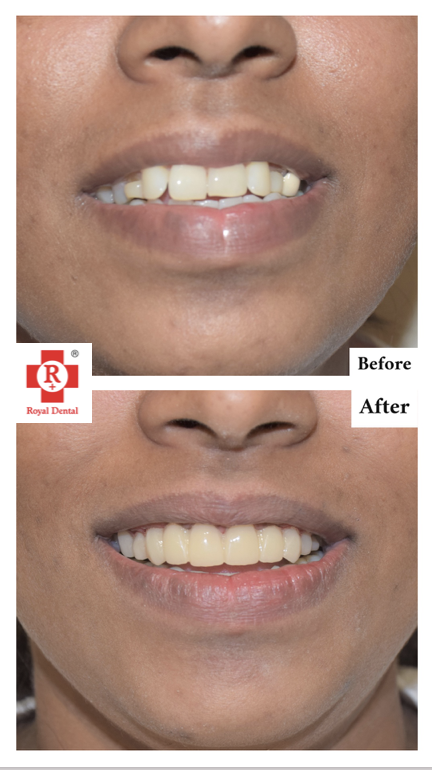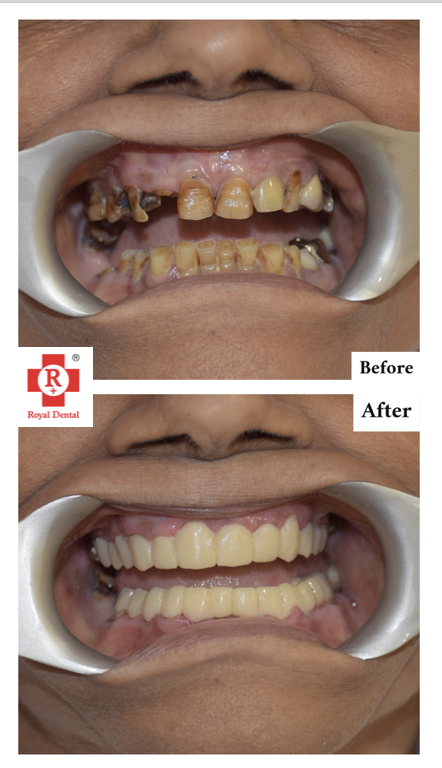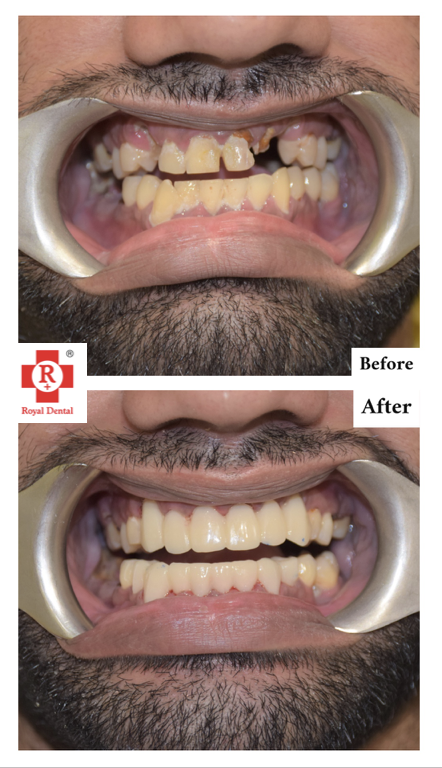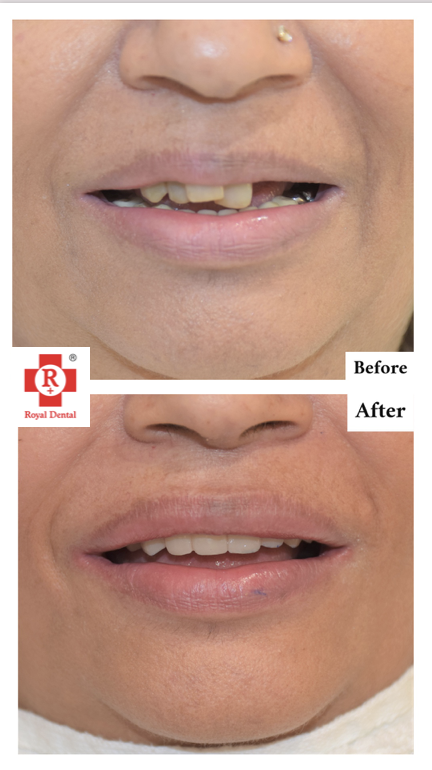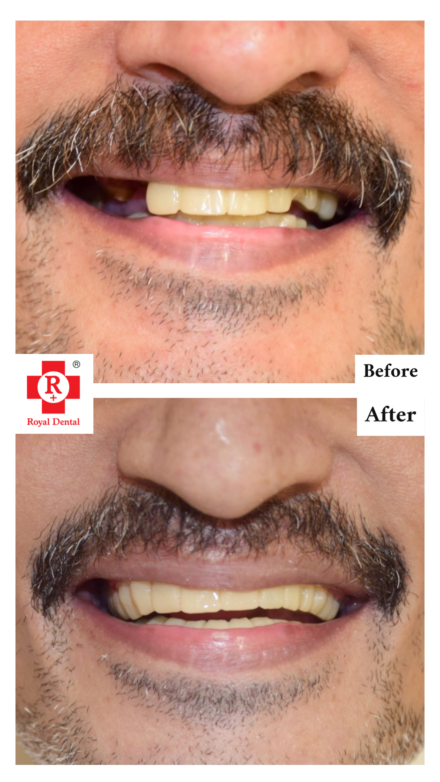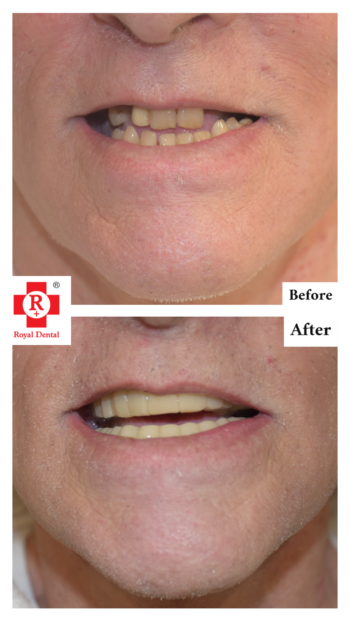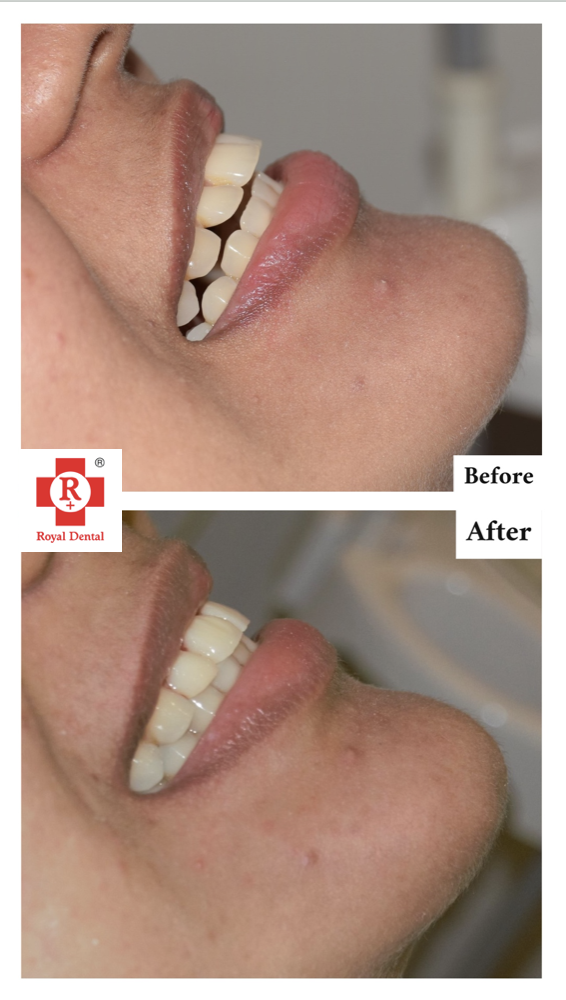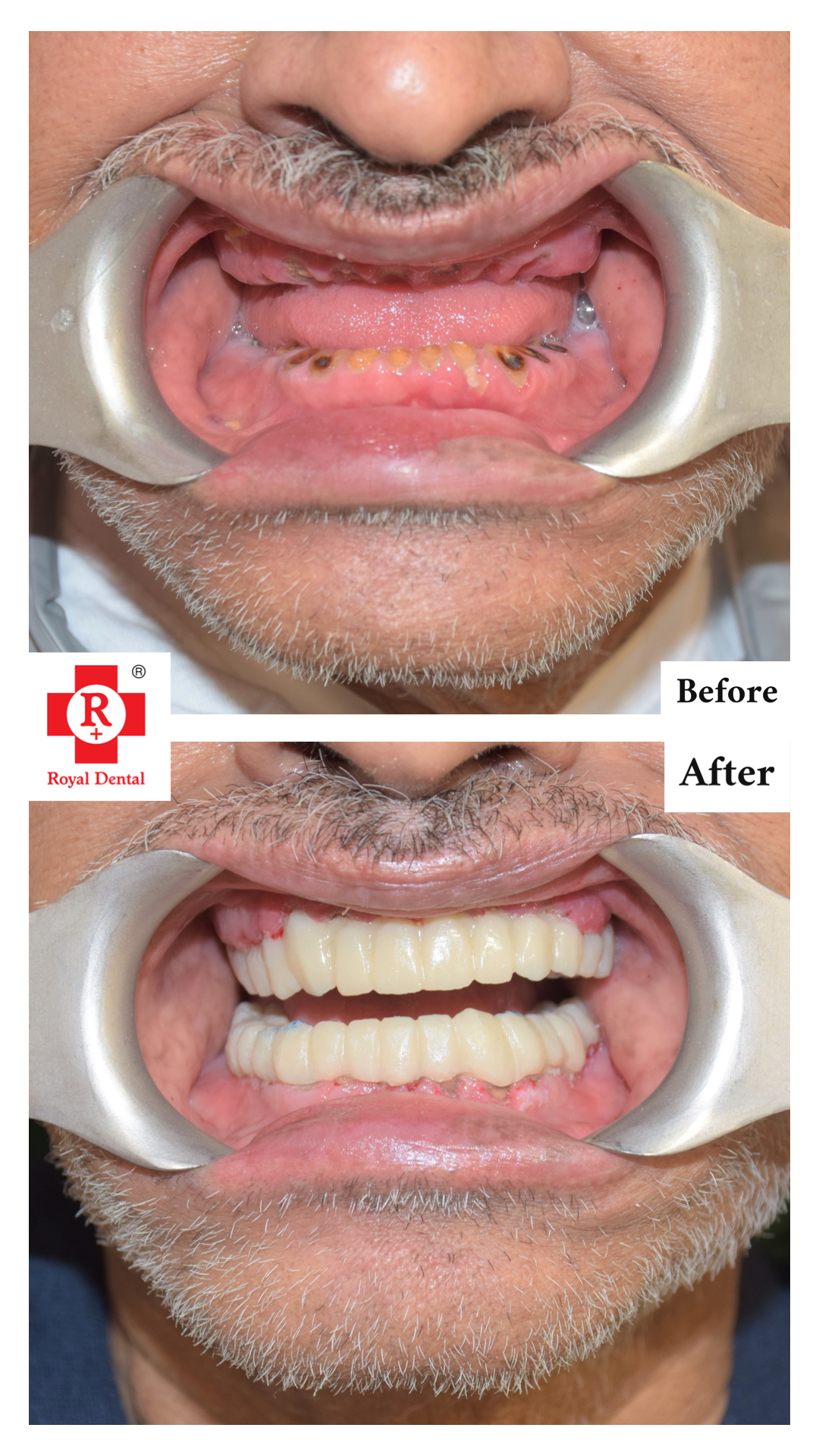Infection Control Form By Royal Dental Clinics
Our Dentist and Team Stand Together by You, for You. We Have Followed a Safe and Relaxed Environment During Your Dental Treatment for the Last 40+ Years.
An infection control form is an essential tool in the dental field to ensure the safety and well-being of both patients and dental professionals. It serves as a systematic approach to maintaining a clean and sterile environment, preventing the spread of infections, and minimizing the risk of cross-contamination. Here are a few reasons why an infection control form is important for dentists:
- Patient Safety
- Regulatory Compliance
- Staff Protection
- Preventing Cross-Contamination
Infection control measures help protect patients from acquiring and spreading infections during dental procedures. By following strict protocols, such as proper sterilization of instruments and equipment, regular disinfection of surfaces, and appropriate handling of contaminated materials, the risk of infections can be significantly reduced.
Reasons To Choose Royal Dental Clinics
We stand together by you, for you. We have developed a safe and relaxed environment for your dental treatment. Our policy of separate waiting rooms, treatment rooms, one patient per room has helped us to be unaffected, despite the given situation of Covid. At Royal Dental Clinics, most dental procedures including consulting and final restorations; are possible on the same day. The pillars of our strength are the doctors, well-trained staff, segregated infrastructure, and advanced technology. These help us to bring out the best for our patients even in the most challenging situations. See the safety measures taken by good Dentist despite any COVID..
INFRASTRUCTURE CAPABILITIES
- Royal Dental Clinics has 12+ dental chairs designed all in separate rooms with almost no scope of cross contamination at good dentist.
- With smart infrastructure capabilities and spacious rooms, we are able to rightfully meet the demands and safety standards of patients.
- Multiple waiting and treatment rooms make it possible to cater to multiple patients but with no two patients in close proximity.

STERILIZATION PROTOCOLS
- Disinfection and sterilisation protocols.
- ETO Sterilisation.
- Disinfecting the clinic premises.
- Ensuring standards of hygiene and safety.
- Separate equipment and instruments.
- As far as possible all disposable instruments are used.
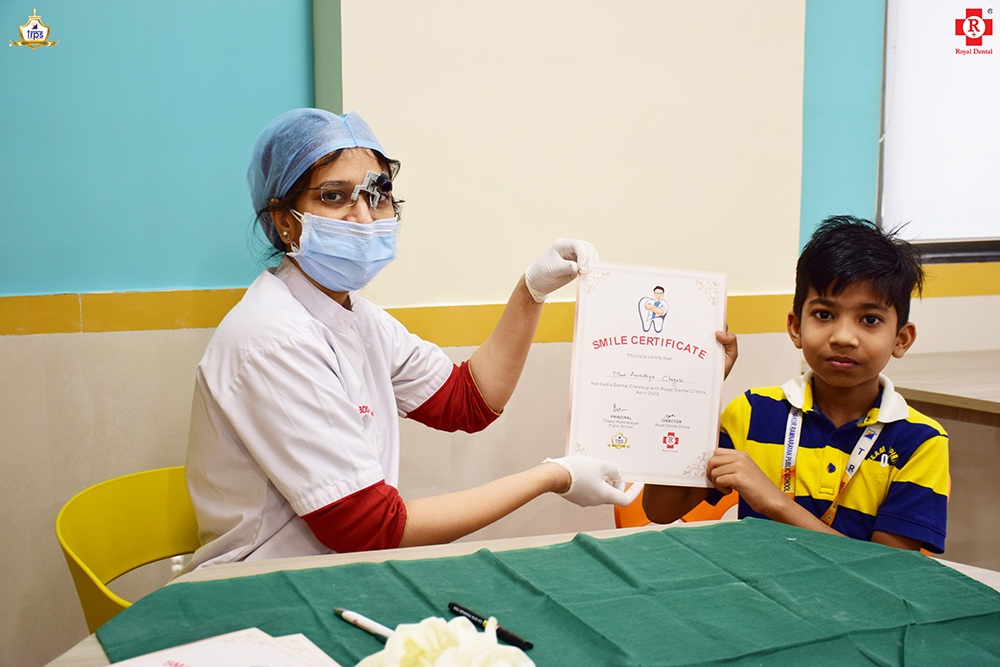
ADVANCED TECHNOLOGY
- We use the latest technology since the very start, which has helped us complete dental treatments including implants with fixed teeth in one day.
- 3D imaging, 3D printer, CAD CAM, 5-axis Milling, ETO Sterilisation, CBC testing etc help us to complete the chain from start to end under one roof.

WORKFORCE OF EXPERIENCED AND GOOD DENTISTS
- Every doctor and staff member at Royal Dental Clinics has received formal training to ensure adherence to the best practices.
- All our doctors maintain and continuously train staff members to maintain the highest level of hygiene even when involved in lab work.


